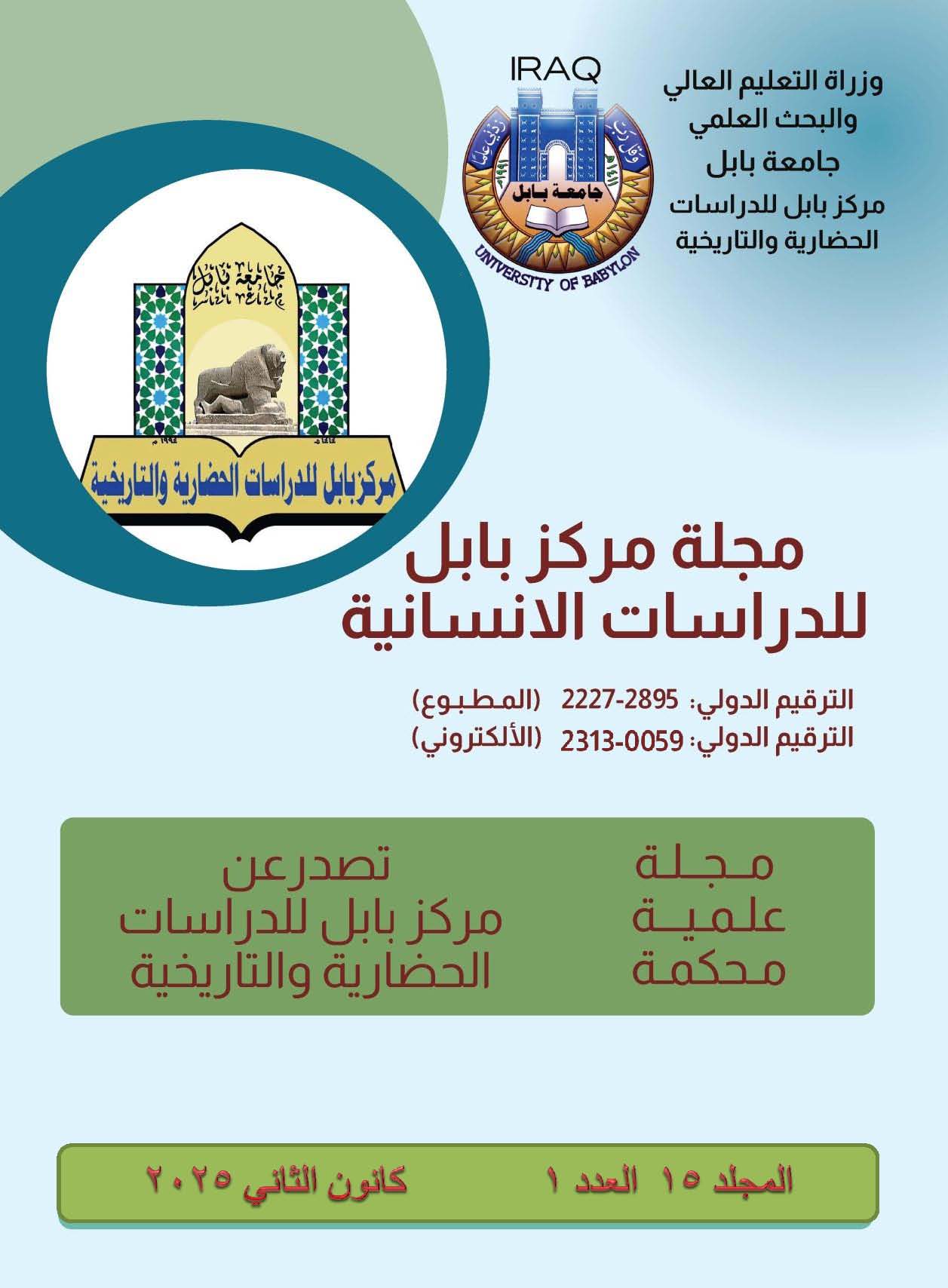Penal Reconciliation And Its Legal Impact On The Public Employee
Keywords:
Criminal reconciliation, public employee, Iraqi law, Jordanian law, criminal judgment, the authority of the criminal judgment, legal effects.Abstract
Criminal laws in various world legislations aim to focus on the penal reconciliation system because it is considered one of the means that lead to the expiration of the public lawsuit as well as to resolving existing disputes in society. Penal reconciliation, in one way or another, began to focus on one direction, which is to replace the penalty of imprisonment with alternative penalties, avoiding the person being exposed to a penalty that deprives him of his freedom, as the state avoids the negative effects of the penalty of imprisonment in all its spectrums. Therefore, the concept of alternative penalties began to shine in legal thought, so that it became able to draw attention to it to the point that it found a place for itself in criminal legislation because it achieves the concept of social deterrence, satisfies the general feeling of achieving justice, and finally, it is able to prove its effectiveness in reducing the spread of crimes. Accordingly, and based on these justifications, we have addressed in our research topic the reconciliation with the public employee in particular and the mechanism of dealing with him by the entity in which he works using a descriptive, analytical and comparative method between Iraqi and Jordanian legislation. Penal reconciliation is a golden opportunity for the employee who has wronged society. It is an opportunity to reform him first and an opportunity to avoid being sentenced secondly in order to maintain On his reputation, but that does not mean that this opportunity remains available for the matter to become nothing more than leniency with crime and encouragement of it, as the officer to prevent that lies in increasing the penalty and not allowing resorting to criminal reconciliation when repeating the crime for which reconciliation was made the first time.







